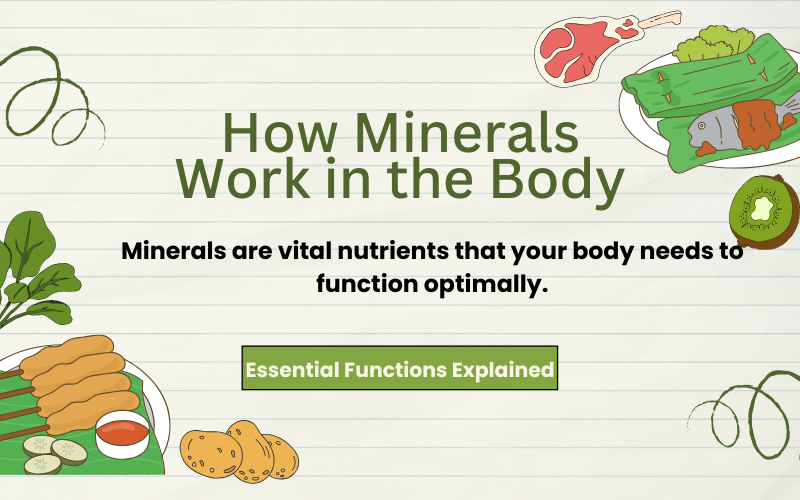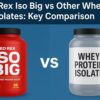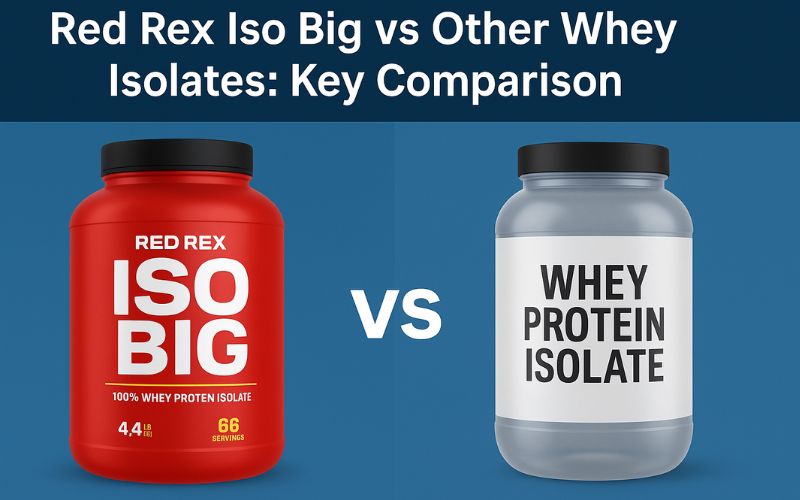How Minerals Work in the Body: Essential Functions Explained
Minerals are vital nutrients that your body needs to function optimally. Unlike macronutrients such as carbohydrates, proteins, and fats, minerals are micronutrients required in small quantities but have a significant impact on health. They play a crucial role in building strong bones, supporting nerve function, maintaining heart health, and aiding metabolic processes. Understanding how minerals work in the body helps in making informed dietary choices to prevent deficiencies and support overall well-being.
Major vs. Trace Minerals: What’s the Difference?
Minerals are categorized into two groups based on the amount required by the body:
- Major Minerals (Macrominerals): Needed in amounts of 100 mg or more daily. Examples include calcium, phosphorus, potassium, sulfur, sodium, chloride, and magnesium.
- Trace Minerals (Microminerals): Required in smaller amounts (less than 100 mg daily). These include iron, zinc, iodine, selenium, copper, manganese, fluoride, chromium, and molybdenum.
Both major and trace minerals are equally important, despite the difference in quantity needed.
How Minerals Work in the Body: Core Functions
Minerals are involved in a range of physiological functions, including:
- Bone and Teeth Formation: Calcium, phosphorus, and magnesium are essential for building and maintaining strong bones and teeth.
- Muscle Contraction and Nerve Transmission: Minerals like potassium, sodium, and calcium are crucial for transmitting nerve impulses and enabling muscle contractions.
- Fluid and Electrolyte Balance: Sodium, potassium, and chloride regulate fluid distribution within and outside cells, ensuring proper hydration and cell function.
- Enzyme and Hormone Function: Zinc, selenium, and iodine play roles in activating enzymes and synthesizing hormones essential for metabolism and growth.
- Oxygen Transport: Iron is a critical component of hemoglobin, the protein in red blood cells responsible for carrying oxygen throughout the body.
Electrolytes: The Mineral Balance for Hydration and Nerve Function
Electrolytes are minerals that carry an electric charge and are vital for maintaining fluid balance, transmitting nerve impulses, and contracting muscles. The primary electrolytes include:
- Sodium: Regulates fluid outside the cells and is essential for nerve function.
- Potassium: Works inside cells to maintain fluid balance and supports muscle and nerve function.
- Chloride: Maintains fluid balance and is a key component of stomach acid (hydrochloric acid).
A proper balance of electrolytes is necessary for heart health, muscle contractions, and overall cellular function.
Mineral Deficiency: Symptoms and Risks
A deficiency in essential minerals can lead to various health issues:
- Calcium Deficiency: Weak bones, osteoporosis, muscle cramps.
- Iron Deficiency: Anemia, fatigue, weakened immunity.
- Magnesium Deficiency: Muscle twitches, cramps, mental health disorders.
- Zinc Deficiency: Impaired wound healing, hair loss, weakened immune function.
Deficiencies often arise from poor dietary habits, absorption issues, or increased nutritional needs during growth, pregnancy, or illness.
Mineral Toxicity: Can You Have Too Much?
While minerals are essential, excessive intake can be harmful. Mineral toxicity usually occurs through over-supplementation rather than food sources.
- Iron Toxicity: Can damage organs and cause serious health issues, especially in children.
- Sodium Excess: Linked to high blood pressure and increased risk of heart disease.
- Selenium Overdose: Can lead to gastrointestinal issues, hair loss, and nerve damage.
It is essential to take mineral supplements only under medical supervision and avoid self-prescription.
Best Food Sources of Essential Minerals
A balanced diet rich in whole foods is the best way to meet mineral needs:
- Dairy Products: Rich in calcium, potassium, and phosphorus.
- Protein Foods (Meat, Poultry, Fish, Legumes): Provide iron, zinc, copper, selenium.
- Fruits: Sources of potassium and magnesium.
- Vegetables: High in potassium, magnesium, iodine, selenium.
- Whole Grains: Contain iron, zinc, manganese, chromium, molybdenum.
Daily Mineral Requirements: How Much Do You Really Need?
Mineral needs vary based on age, gender, and life stage. The USDA and other health authorities provide Recommended Dietary Allowances (RDAs) for different minerals. For example:
- Calcium: 1000-1300 mg/day
- Iron: 8-18 mg/day
- Magnesium: 310-420 mg/day
- Potassium: 2600-3400 mg/day
Consulting dietary guidelines and a healthcare professional helps in determining your individual needs.
Minerals and Body Energy: The Role in Metabolism
Minerals are essential co-factors for enzymes involved in metabolism. For instance:
- Magnesium: Assists over 300 enzymatic reactions related to energy production.
- Zinc and Chromium: Aid in carbohydrate metabolism and insulin function.
- Iron: Crucial for oxygen delivery, which is vital for cellular energy production.
A deficiency in these minerals can disrupt metabolic processes and lead to fatigue and reduced performance.
Conclusion: Balanced Diet for Optimal Mineral Intake
Understanding how minerals work in the body emphasizes the importance of a diverse and balanced diet. Rather than relying on supplements, incorporating a variety of mineral-rich foods ensures you meet your nutritional needs safely and effectively. Maintaining proper mineral balance supports bone health, muscle function, fluid balance, metabolic efficiency, and overall vitality.
Explore premium mineral supplements in Pakistan at Syner Nutrition to support your daily wellness.
Frequently Asked Questions (FAQs)
Q1: What are the most important minerals for the human body? A: Essential minerals include calcium, magnesium, potassium, sodium, iron, zinc, iodine, selenium, and phosphorus. Each plays a specific role in maintaining bone health, nerve function, fluid balance, oxygen transport, and metabolism.
Q2: How do minerals help in energy production? A: Minerals like magnesium, zinc, and iron are vital co-factors in enzymatic reactions that convert food into energy. Iron helps transport oxygen to cells, which is crucial for energy metabolism.
Q3: Can I get all essential minerals from food? A: Yes, a balanced diet that includes dairy, lean proteins, fruits, vegetables, and whole grains can provide all essential minerals. Supplements are only necessary if there is a diagnosed deficiency.
Q4: What are signs of mineral deficiency? A: Common symptoms include fatigue, muscle cramps, brittle bones, weakened immunity, hair loss, and irregular heartbeat. Specific deficiencies manifest with unique signs, such as anemia from iron deficiency.









Add comment